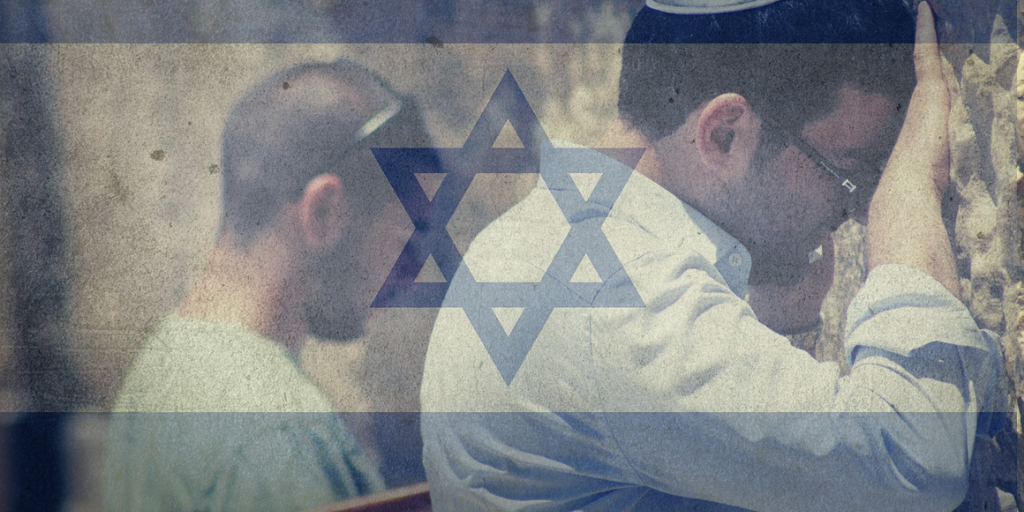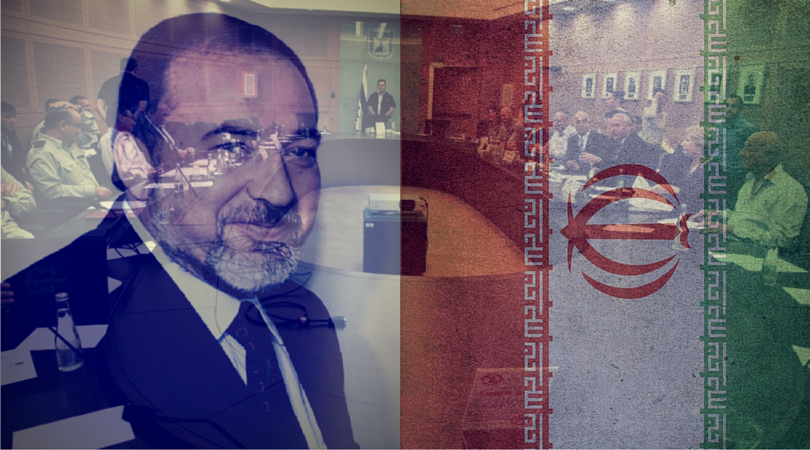The unthinkable has actually happened. The Knesset now has 21 days to decide who will receive the mandate to build a coalition. There are no parties in this decision, just individuals.
It is important to understand that this process is necessary and part of the shattering of the pre-Messianic vessels that are not fit to hold the light of Redemption within them.
Israel’s system is not based on direct voting, but rather voting for a party, which determines the slate of candidates. This ultimately means that Israeli’s hand over their free choice to others to decide for them who should rule the country. Since coalitions are based on the handout of jobs this effectively sets up a system that can be easily manipulated, creating a parochial class of politicians.
The chaos we are now witnessing within the political structure in Israel flows from the beginning of Creation in what the mystics term the “Olam HaTohu,” World of Chaos, which is only chaotic due to the intense supernal light that was uncontainable within the vessels of Creation. The vessels we have in the State’s current structure are not rectified in a Messianic sense and therefore the light descending now, which is of Redemptive source cannot be contained within them.
This chaos within the system will lead to a new order. However long this will take, the product will be a set of rectified vessels within the State to handle the next stage of Redemption. This is why there should be no expectations or predictions on our current stalemate and the ensuing chaos. We are no longer in the stage as we were post Gush Katif. The Nation has grown. The younger Israelis have embraced an organic experience that has not been dictated by the trauma of the Holocaust or the political machinations of the early state bureaucracy that burdened their parents. The current generation has come of age within the blend of knitted kipas, powerful army, and an integrated Judea and Samaria.
This is the generation of Gush Katif and the Second Lebanon War – now come of age and ready to lead. They are not bound by the same nostalgia of State institutions as previous generations and yet while understanding the State is a vessel for the Redemptive process, its structure can be and probably should be changed to allow the Redemptive light to flow more freely.
When leading to a more stable structure chaos dis not only unavoidable, but necessary.







